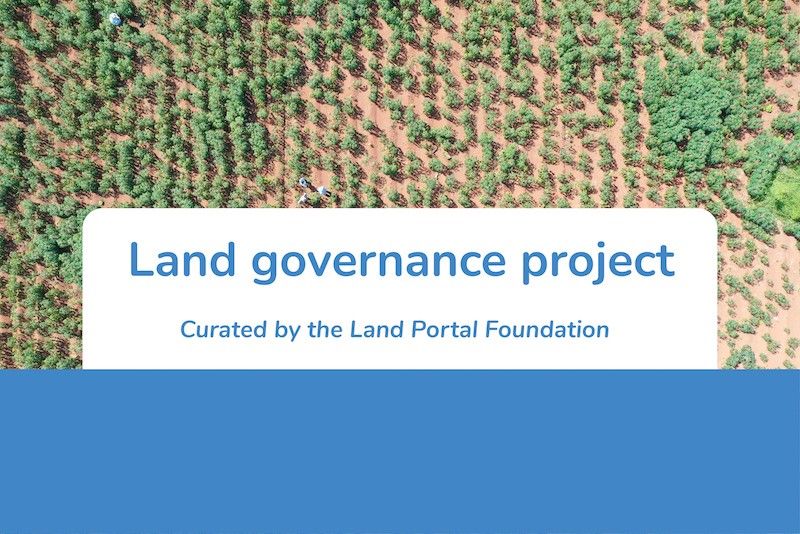Geographical focus
Related categories
General
Smallholder farmers are estimated to produce around 90% of the food eaten in Mozambique. The vast majority of smallholder farmers are women. The demand for food is increasing as the population grows, but at the same time food production is challenged by extreme weather events caused by climate change. The Mozambican government has responded to food insecurity in key food-producing areas such as Nampula by promoting industrial production based on external inputs. The formalisation of smallholder farmers' land tenure has been accompanied by efforts to link the transition to commercial inputs. As a result, soil conditions have deteriorated, biodiversity has suffered, people have been forced to work in conditions approaching serfdom, nutrition has further deteriorated and income inequalities have widened. Moreover, land tenure rights are generally granted to men, while women are responsible for cultivation. Feminist agroecology and women's empowerment offer a sustainable solution to these challenges. The immediate outcomes of the project are expected to be (i) increased crop production and productivity by women small-scale farmers in Chibuto district through the adoption of sustainable agroecological production methods, (ii) active participation and advocacy of women small-scale farmers in Chibuto in the national land tenure reform process, and (iii) strengthened organizational capacity of rural women through institutional strengthening of FOMMUR. The direct beneficiaries of the project will be the 600 women participating in project activities in the 4 project communities in Chibuto. They earn their livelihoods from farming. It is estimated that 20% of them are persons with disabilities and 15% are young people. The women in the farmers' associations are expected to transfer their learning to other people in their communities through the farmer-to-farmer method. The number of such indirect beneficiaries of the project is estimated at 3 000. The project is implemented by Livaningo - Associação para a Preservação e Defesa do Meio Ambiente (https://livaningo.co.mz/ ) in partnership with the Fórum Moçambicano das Mulheres Rurais (FOMMUR).



